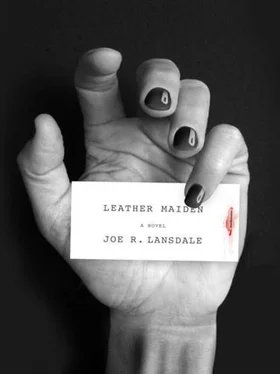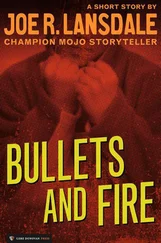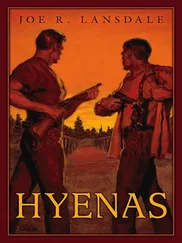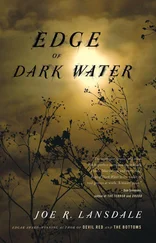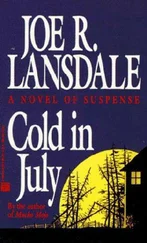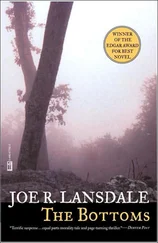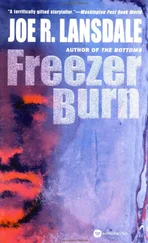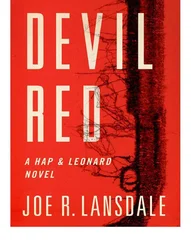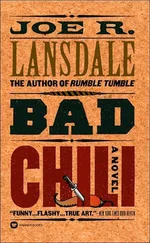
For Keith, Scoop Dog
Life is full of holes. The trick is to try to live between them.
—Jerzy Fitzgerald
In Preparation
1
When you grow up in a place, especially if your childhood is a good one, you fail to notice a lot of the nasty things that creep beneath the surface and wriggle about like hungry worms in rotten flesh. But they’re there. Sometimes you have to dig to discover them, or slant your head in just the right direction to see them. But they’re there all right, and the things that wriggle can include blackmail, mutilation and murder. And I can vouch firsthand that this is true.
But the day I arrived back in town there was no evidence of anything wriggling under the surface or anywhere else, unless you count my head, which seemed to be wriggling a lot. I was coming off a lowball drunk and felt as if someone had borrowed my skull to bowl a few frames.
As I drove through Camp Rapture, over the railroad tracks and past the dog food factory, I told myself I would never drink again. But I had told myself that before.
It was a bright day, the sunlight like a burst egg yolk running all over the sidewalk and through the yards, almost snuffing out the grass with its heated glory, and causing everything to be warm and appear fresh, even the houses on the poor side of town from which ancient coats of basic white peeled like stripping sunburn.
I tooled along with my eyes squinted to keep out some of the summer light, eased by Gabby’s veterinarian office and tried not to rubberneck too much, and passed on. I finally drove up to the Camp Rapture Report, got out and stood by my aging car and looked around and hoped maybe this time things were going to go better.
Night before, I had driven over from Houston after leaving Hootie Hoot, Oklahoma, and my crazy Iraq war buddy, Booger, but only got as far as a bar, and later a motel on the outskirts of town, where I drank myself into a stupor in front of the TV set, watching who knows what. For all I cared it could have been a program on tractor repair or how to give yourself a lobotomy.
Next morning, I awoke feeling like something had died in my mouth and something else had crawled up my ass. I showered and brushed the dead thing out of my mouth and decided to live with whatever was up my ass, and drove to my scheduled interview for a possible position on the Camp Rapture Report.
Standing there beside my car, sweating from the late summer heat like a great ape in an argyle sweater, I took in a big breath of hot air. I checked to make sure my zipper was up, then examined the bottoms of my shoes for dog crap, just in case. I went along the sidewalk, strolled past the bee-laden, flowered shrubbery, the smell of which made my stomach roil, and went inside.
The Report looked pretty old-fashioned. Like a place where male reporters ought to wear fedoras with press cards in the hatbands and the female reporters ought to chew gum and talk snappy dialogue through bright red lipstick.
At the front desk I was greeted by a cute blond lady. She smiled and showed me some braces. I think she was in her mid-twenties, possibly even a little older, closer to my age, but the braces and the hairdo, which was too short and not evenly cut, along with a scattering of freckles that decorated her flushed cheeks, made her look like a spunky 1950s schoolkid as seen under a huge magnifying glass.
“Mr. Statler,” she said. “How are you?”
“You remember me?”
“We went to school together.”
“We did?”
“Belinda Hickam. I was a year under you. You were in the journalism club and you wrote for the high school paper. I think you wrote about chess.”
“Actually I only wrote one article about chess.”
“I guess that was the one I read. You’ve been hired to do a column, right?”
“I haven’t been hired yet.”
“Well, I’m going to be optimistic about it. Mrs. Timpson is waiting to see you.”
“Which way?” I said.
She pointed at a foyer where I could see a heap of stacked boxes, advised me to start in that direction and she would buzz Mrs. Timpson that I was on my way back.
“Any advice?” I asked.
“Keep your hands and feet on the visitor’s side of the desk, don’t make any sudden moves, and try not to make direct eye contact.”
2
I weaved around some stacked boxes and a couple of chairs and into the dark end of a foyer where there was light coming from behind a frosted glass door that had the moniker MRS. MARGOT TIMPSON, EDITOR, stenciled on it in black letters.
I tapped gently on the door and a voice that was well practiced at yelling asked me to come in.
Mrs. Timpson was sitting behind her desk and she had pushed back from it in her office chair and was studying me carefully. She had hair too red on the sides and too pink in the thin spots. Her face was eroded with deep canals over which a cheap powder had been caked, like sand over the Sphinx. Her breasts rested comfortably in her lap; they seemed to have recently died and she just hadn’t taken time to dispose of them. I took her age to be somewhere between eighty and around the time of the discovery of fire.
“Sit down,” she said, and her dentures moved when she spoke, as if they might be looking for an escape route.
I took the only chair and looked as intelligent as you might when you’re trying to shake Jim Beam and way too many cold beer chasers.
“You look like you’ve been drinking,” she said.
“Last night. A party.”
“I’ve heard you have a drinking problem.”
“Where would you hear that?”
“From the owner of Fat Billy’s Saloon. He’s my husband. You know, the little shithole just outside of town?”
“I was drinking, but I’m not a drunk.”
“I thought you said it was a party.”
“A party of one. It’s not a habit. I just tied one on a bit. You own a bar, so you know how it is. Now and then, you just drink more than you should.”
“The husband owns the bar,” she said, capturing her teeth with her upper lip as they moved a little too far forward. “He and I are separated. Have been for twenty years. We just never got around to divorcing. We get along all right, long as we don’t live together, or see each other that often, or communicate in any way. But he called and told me about you. He knew you, of course, knew you were trying to get on here at the paper. He said you mentioned it quite a few times between drinks.”
“Guess I was a little nervous.”
“He said you used to play football, quarterback for the Bulldogs. I looked you up. You lost most of your games, didn’t you?”
“But I threw some good passes. I think I have a high school record.”
“No. It got beat two years ago by the Johnson boy. What’s his name? Shit. Can’t think of it. But he beat you. Colored fella.”
I thought to myself: Colored? I hadn’t heard that used in many a moon.
“You were in the service?”
“Signed up for Afghanistan after the towers went down. I was there, but I ended up in Iraq. I kind of felt snookered on that end of the deal.”
“You’re not messed up in the head from being over there, are you?”
“No,” I said, “but the whole thing left me feeling like a cheap date that had been given cab fare and a slap on the ass on the way out the door.”
Timpson twisted her lips, and lined me up with a watery eyeball. “That was humor, right?”
“Yes, ma’am.”
“Just checking.” She swiveled her chair and looked at me from another angle. “I hire you, you don’t have to sit behind a desk all the time, but I like to think you’re working. That your time is my time, and my time is my own. You know this job doesn’t pay much?”
Читать дальше
